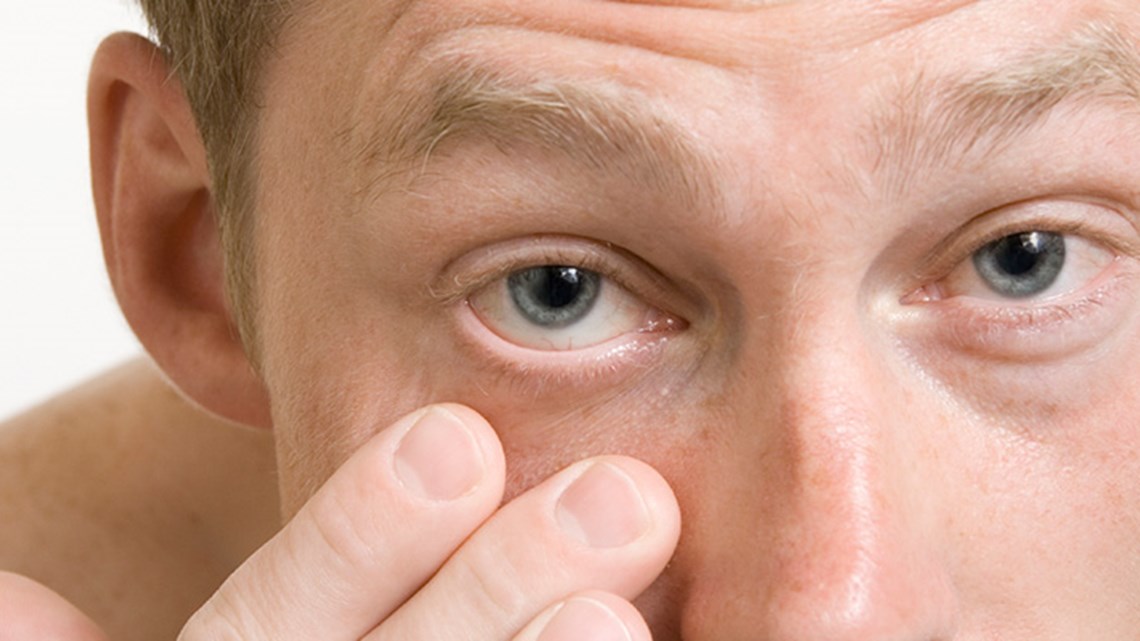Conjunctivitus
Your eyes are extremely sensitive. As such, the slightest irritant or infection can cause a great deal of pain and irritation. It can also lead to conjunctivitis, an inflammation of the thin layer of tissue covering the front of the eye, known as the conjunctiva. Conjunctivitis caused by a bacterial or viral infection are highly contagious.
In most cases, conjunctivitis doesn’t pose a serious health threat and will clear up on its own after a couple of weeks. However it’s important that you consult with your doctor so they can determine the cause and prescribe the right course of treatment Neo-natal conjunctivitis, which affects newborn babies younger than 28 days, can lead to more serious health complications. If you have a new baby and you think they may have it be sure to contact your GP or HCP as soon as possible.
Causes
There are three common types of conjunctivitis:
- Infective conjunctivitis:
Caused by a bacterial or viral infection. Infective conjunctivitis is highly contagious. If someone in your family touches their infected eyes, then touches a surface, they can easily spread the infection to someone else in the household.
- Allergic conjunctivitis:
Caused by an allergic reaction to something, such as pollen or dust mites
- Irritant conjunctivitis:
Caused by the conjunctiva coming into contact with irritants, such as shampoo, chlorinated water or a loose eyelash
Symptoms
- Typical symptoms of Irritant conjunctivitis include:
Eye redness
Watering of eyes
- Typical symptoms of Infective conjunctivitis include the above, plus:
A burning sensation
A feeling of grit in your eyes
A sticky coating on the eyelashes
- Typical symptoms of Allergic conjunctivitis will depend on what you’re allergic to, but may include:
Itchy eyes
Sneezing and a blocked nose
Dry, sore eyes
Small spots on the inside of your upper eyelids (for people allergic to wearing contact lenses)
Prevention Tips
Infective conjunctivitis is highly contagious, so good hygiene is crucial to stop it spreading:
- Avoid rubbing or touching your eyes as it will only make them worse and could spread it from one eye to the other
- Regularly wash your hands. If soap and water aren’t available, use a hand sanitiser
- When someone in your family has conjunctivitis be sure not to share towels, sunglasses or anything else that comes into contact with your eyes
- Change bed sheets, pillows and towels regularly and wash in hot water and detergent. Adding Dettol laundry sanitiser to your laundry to kill 99.9% of bacteria even at low temperatures.
Myths and Truths
- I can only catch conjunctivitis from someone who has it.
No, you can catch viral conjunctivitis from the same virus that can cause an ear infections or a cold. You also get conjunctivitis from grit, dust or a loose eyelash that begins by irritating your eye and leads to infection.
- Conjunctivitis isn’t contagious if it’s being treated.
Conjunctivitis is contagious until the eyes are no longer red or there is no discharge. This may take several days. Antibiotics only fight bacterial conjunctivitis and don’t stop the bacteria spreading.
